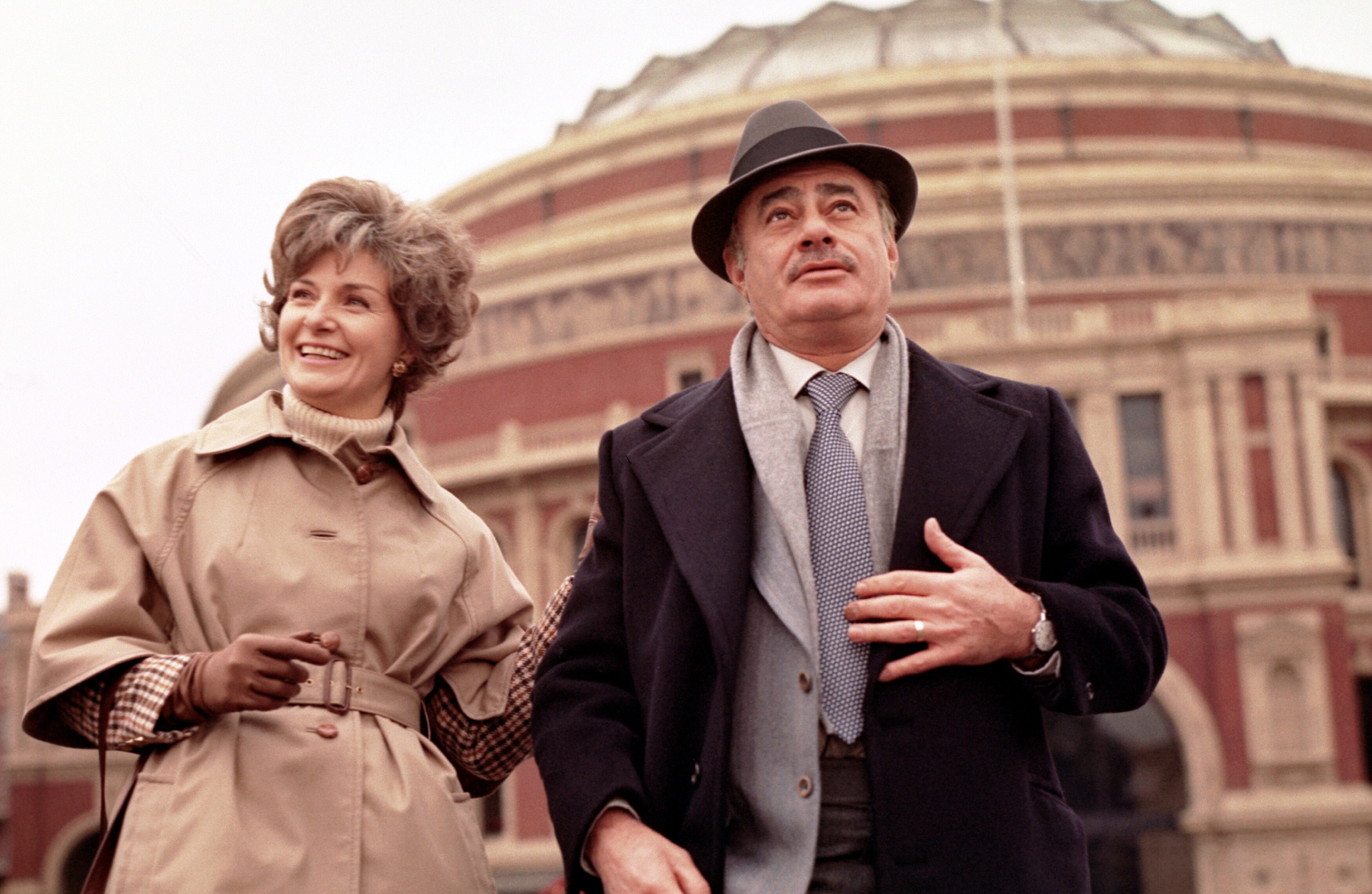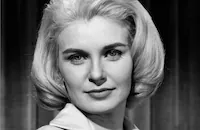Summer Wishes, Winter Dreams

Brief Synopsis
Cast & Crew
Gilbert Cates
Joanne Woodward
Martin Balsam
Lee Jackson
Ron Rickards
Peter Marklin
Film Details
Technical Specs
Synopsis
Rita and Harry are well-to-do New Yorkers with two grown children and every reason to be content. But Rita despairs over the triviality of her life. When her mother collapses and dies in her arms, Rita begins to dwell on childhood memories. Harry tries to comfort his wife by sending her on a European trip, but her visit is filled with turmoil when their homosexual son refuses to see her, and she becomes haunted by visions of her dead relatives. After a trip to the battlefield where Harry fought during the war, Rita is convinced that she must cease living in the past, and begins to renew her love for Harry, ultimately declaring peace with her family and herself.
Director
Gilbert Cates
Cast

Joanne Woodward

Martin Balsam
Lee Jackson
Ron Rickards
Peter Marklin

Sylvia Sidney
Helen Ludlam
John Scott
Jane Hilary
Charlotte Oberley
Gaetano Lisi
Sol Frieder
Nancy Andrews
Tresa Hughes
Win Forman
Dennis Wayne
Grant Code
Dori Brenner
Minerva Pious
Crew
Arthur Bloom
Dennis Brennan
Jack Brodsky
Fern Buckner
Joan Carpenter
Ray Connors
Adger Cowans
Tony Cridlin
Dorian Cusick
Nancy Dodds
Peter Dohanos
Andrew Donally
James Fanning
Phil Feldman
Bernard Ford
Ira H Gallen
Michael G Green
Romaine Greene
Stan Hains
Freddie Harrison
Michael Hertsberg
Alec Hirschfeld
Gerald Hirschfeld
Marc Hirschfeld
Christine Horne
John Hughes
Jack C. Jacobsen
Anna Hill Johnstone
Nancy Lee Katz
Sidney Katz
Virginia Katz
Shari Leibowitz
Bill Lodge
Neil A Machlis
Johnny Mandel
Milton Moshlak
David Orton
Marilyn Putnam
William Rennahof
Shirley Rich
Barbara Robinson
Richard M. Rothstein
Michael Rutter
Phillip Smith
William Steiner
Stewart Stern
Peter Sutton
Marian Swan
Al Taffet
Ted Tester
David Thomas
Joel Tuber
Richard Vorisek
Nigel Wooll
Tom Wright
Videos
Movie Clip


Hosted Intro
Film Details
Technical Specs
Award Nominations
Best Actress
Best Supporting Actress
Articles
Summer Wishes, Winter Dreams
Joanne Woodward portrays Rita Walden, an aging New York wife/mother/daughter struggling with her place in a world that seems at once dull and unnavigable. She is a dissatisfied, unhappy person, combative with the people in her life her grown daughter, mother and sister. Martin Balsam is Harry, her oculist husband, a mild man, patient with his wife's chronic bitterness. When Rita's mother (Sylvia Sidney) dies unexpectedly, Rita falls headlong into a midlife crisis that recalls many painful memories of the past.
If the film title and its existential probing seem Bergmanesque, it's no accident. In one scene, Rita and her mother see a Bergman film together, Wild Strawberries (1957), in which the lead character, like Rita, faces his dawning mortality and begins to question his relationship with his family and the choices of his past. Like that character, Rita has frightening visions, mostly involving her adult son, who has fled to Amsterdam to be free of his parents' conventions and live with his boyfriend. Her regrets of how she's dealt with her son's homosexuality are a recurring theme in the film.
Eventually, perhaps spurred on by his wife's crisis, Harry begins to grapple with his own ghosts. On their trip to Europe, he revisits the site of the Battle of the Bulge and his traumatic experiences there. The visit unhinges him and it's this break in his normally steady demeanor that gives Rita a chance to comfort him for a change, to her benefit as well as his.
Summer Wishes, Winter Dreams was written by Stewart Stern, who penned Rebel Without a Cause (1955) and Rachel, Rachel (1968), another much-lauded role for Woodward, in which she also depicts a character having to come to terms with her lot in life. For Stern, who so exquisitely explored the angst of '50s youth in Rebel, Summer Wishes, Winter Dreams offered a chance to explore the anxieties of late middle age.
Director Gilbert Cates has worked primarily in television and is best known as a long-time producer of the Academy Awards®. His 1970 film, I Never Sang for My Father, another dissection of family relationships, earned three Oscar® nominations. He is the uncle of actress Phoebe Cates.
Summer Wishes, Winter Dreams is a true reflection of an era when moviegoers were more patient with somber character studies. It was nominated for a Best Actress Oscar® for Woodward and a Best Supporting Actress Oscar® for Sidney. Woodward won the BAFTA for best actress, the New York Film Critics Circle Award and was nominated, along with Sidney and Balsam, for a Golden Globe.
Producer: Jack Brodsky
Director: Gilbert Cates
Screenplay: Stewart Stern
Cinematography: Gerald Hirschfeld
Music: Johnny Mandel
Film Editing: Sidney Katz
Cast: Joanne Woodward (Rita Walden), Martin Balsam (Harry Walden), Sylvia Sidney (Mrs. Pritchett), Tresa Hughes (Betty Goody), Dori Brenner (Anna), Ron Richards (Bobby Walden).
C-89m.
by Emily Soares

Summer Wishes, Winter Dreams
Quotes
Trivia
Miscellaneous Notes
Released in United States Fall October 1973
Re-released in United States on Video July 11, 1995
Sidney's return to the screen, had not done a feature film since 1956.
Re-released in United States on Video July 11, 1995
Released in United States Fall October 1973














